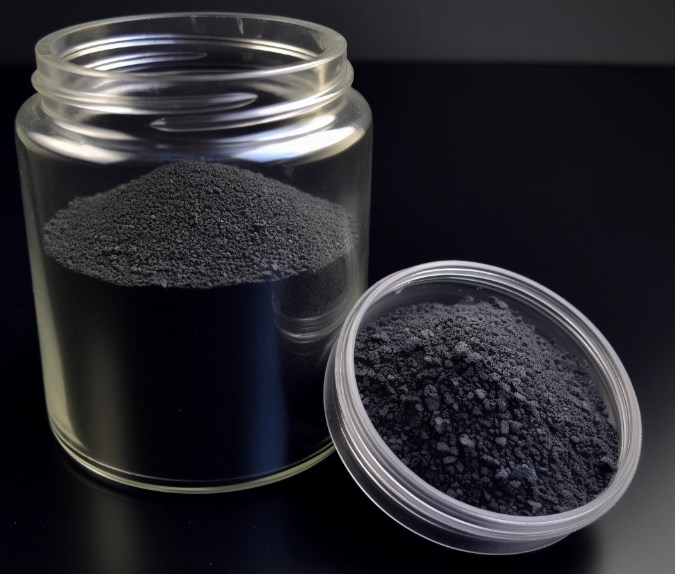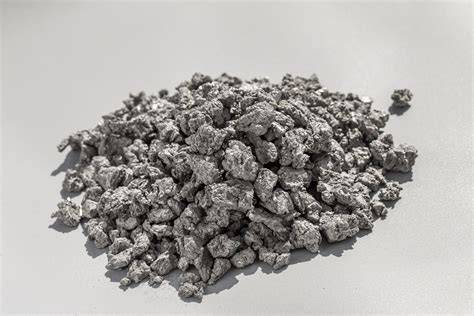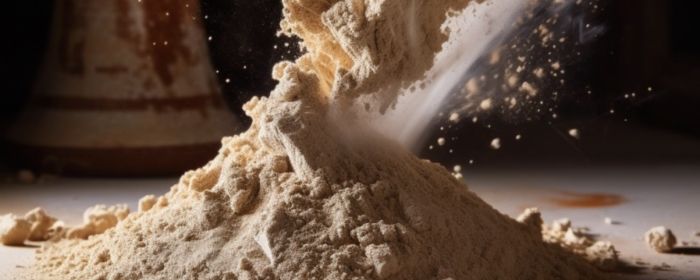

Titanium, known for its exceptional strength-to-weight ratio and corrosion resistance, is now taking center stage in additive manufacturing, transforming the way we create intricate components. This article explores the significant impact of titanium powder in 3D printing and its revolutionary potential in manufacturing processes.

Traditionally, manufacturing precision components with titanium involved intricate machining processes, often leading to material wastage and increased production costs. However, the advent of 3D printing has opened up new possibilities. Titanium powder, when utilized in additive manufacturing, allows for the layer-by-layer construction of intricate designs with unparalleled precision.
Lightweight Strength: Titanium is renowned for its remarkable strength-to-weight ratio, making it an ideal choice for applications where lightweight yet durable components are crucial. In 3D printing, the ability to create complex structures layer by layer ensures optimal use of material, contributing to both cost-effectiveness and efficiency.
Enhanced Design Flexibility: The layer-by-layer approach in 3D printing empowers designers to create highly intricate and customized structures that were once challenging or impossible to produce using traditional methods. Titanium powder enables the fabrication of components with intricate geometries, offering unprecedented design flexibility.
Corrosion Resistance: Titanium's inherent corrosion resistance is a valuable attribute, especially in industries where exposure to harsh environments or corrosive substances is a concern. Components manufactured with titanium powder not only exhibit superior strength but also withstand corrosive elements, extending their operational lifespan.
Aerospace: The aerospace industry has been quick to embrace titanium powder in 3D printing. The lightweight yet robust nature of titanium components is particularly advantageous in aircraft and spacecraft manufacturing, contributing to fuel efficiency and overall performance.
Medical: Titanium's biocompatibility makes it a preferred material for medical applications. 3D printing with titanium powder allows for the production of custom implants and prosthetics tailored to individual patient needs, minimizing the risk of rejection and improving overall patient outcomes.
Automotive: The automotive industry is leveraging titanium powder to produce lightweight and high-strength components, enhancing fuel efficiency and overall vehicle performance. From engine parts to structural elements, 3D printing with titanium is reshaping automotive manufacturing.
While the integration of titanium powder in 3D printing presents numerous benefits, challenges such as cost and scalability still need to be addressed. Continued research and development are crucial to overcoming these obstacles and unlocking the full potential of this revolutionary manufacturing process.
Titanium powder in 3D printing represents a paradigm shift in manufacturing processes. Its combination of strength, lightweight properties, and corrosion resistance opens up new possibilities across various industries. As research and development in this field progress, we can anticipate even more groundbreaking applications, solidifying titanium's place as a cornerstone in the evolution of additive manufacturing. The fusion of titanium and 3D printing is not just a technological advance; it's a transformative force reshaping the future of manufacturing.

United States
.png)



